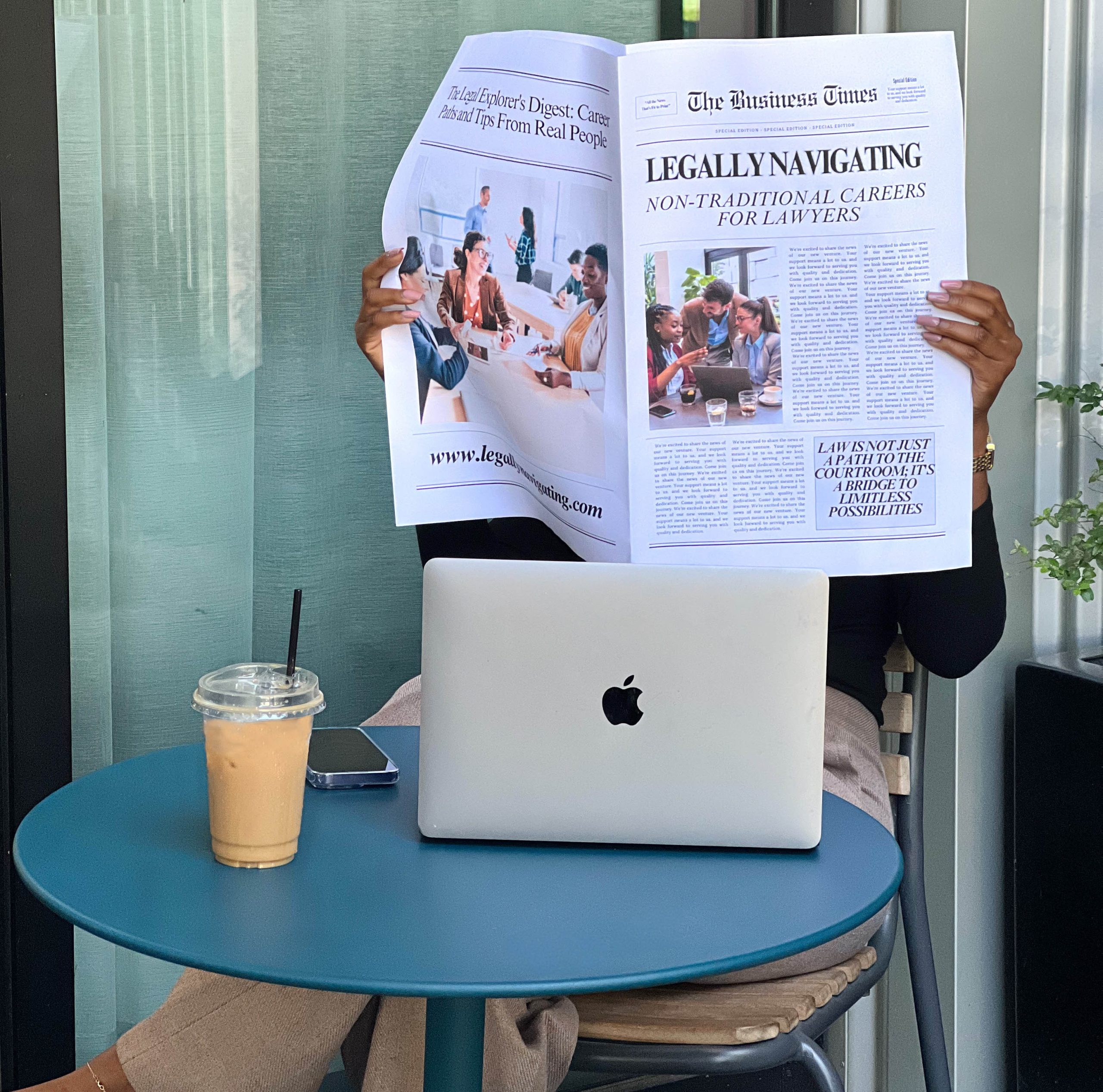Have you ever wondered what happens behind the scenes when an employee sues their employer? That’s where I come in.
I’m a Senior Claim Director, Employment at a large insurance company that provides employment liability coverage to companies. Think of it like car insurance—just as your policy protects you in the event of an accident or dispute, employment liability insurance protects employers when workplace conflicts arise.
Interestingly, even after years of working in law firms handling employment lawsuits, I never fully understood the role insurance companies play in these cases. Now, I do.
So, what does my title mean? Essentially, I focus on three main responsibilities:
- Investigating Claims
My first step is to determine whether a claim—be it a demand letter, lawsuit, or charge filed against an employer—falls under the liability policy. For instance, some policies exclude wage and hour disputes, so part of my job is to analyze coverage. - Managing Defense Counsel
If the claim is covered, I help assign and work closely with defense counsel. From there, I evaluate the case as it unfolds, considering new facts, risks, and potential exposure. - Resolution
Ultimately, my goal is resolution, whether it be via the court process or settlement. I analyze key factors—venue, facts, strengths, weaknesses, damages, and liability—and collaborate with defense counsel and employers find the best path forward.
When I graduated from Wake Forest University, my legal career began in Atlanta as a workers’ compensation attorney at a small firm. It wasn’t the field I had envisioned, but the experience was invaluable. I learned the ropes of depositions, hearings, client management, and mediations.
Still, I had a clear goal: practicing employment law at an AmLaw firm. To pursue it, I transitioned to another firm to gain broader litigation experience. Eventually, I landed my dream job at an AmLaw firm specializing in employment law. But as it turns out, the dream didn’t match reality.
The role didn’t feel right, and I found myself needing to step back and reassess my career. That period of introspection led me to take a sabbatical—a pause that ultimately brought me to my current position.
During my time off, I reevaluated what I truly enjoyed, what drained me, and where my strengths lie. I can’t say I knew this role would be a perfect fit when I applied, but keeping an open mind led me here. Now, I’m in a non-traditional legal role that not only pays well but also offers better work-life balance.
This position suits me because it allows me to view employment claims from multiple perspectives:
- The employer’s perspective, where the claim might seem like a risk or a false accusation.
- The defense attorney’s perspective, with its focus on strategy, depositions, and motions.
- And the insurance company’s perspective, which weighs risks holistically to make informed decisions.
I enjoy synthesizing these views to find the best outcome for all parties involved. I also appreciate the big-picture focus of my role, free from the pressures of drafting motions and chasing billable hours. As a young attorney, especially one of color, it feels empowering to be in this role and speak with directors, HR leaders, executives, and partners and collaborate.
Before this job, I had no idea positions like this even existed. Now, I realize I’ve simply moved to a different seat at the same table. Whether as a defense attorney or a Senior Claim Director, the objective remains the same: resolving employment matters efficiently and effectively.

